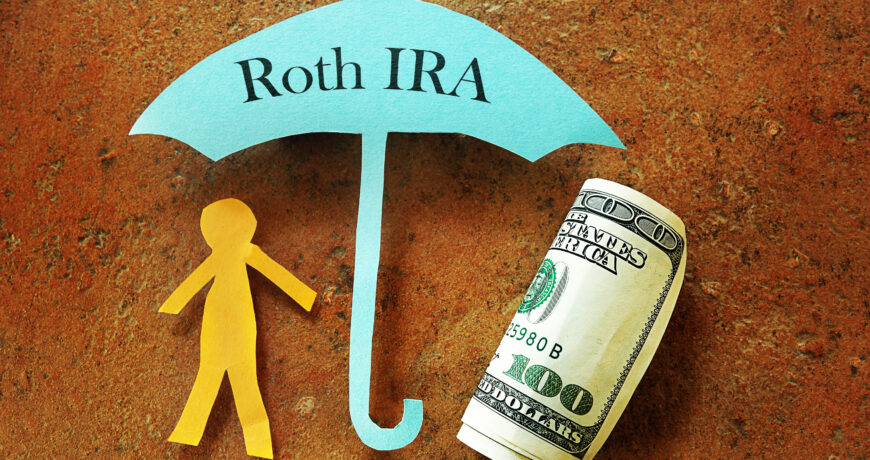
Retirement Savings: Consider a Roth IRA
A Roth individual retirement account is a brilliant way to save for retirement. Much like a traditional IRA, a Roth IRA allows you to invest and for it to grow tax-free. One great advantage this type of account has is that it also lets you take tax-free withdrawals of your contributions at any age. Your earnings may have the same benefit under certain circumstances. For your earning to be withdrawn tax-free you must be:
- 59 ½ years old
- Disabled
- Using the funds as first-time
Naturally, like any tax-advantaged retirement account, the IRS has stipulations and rules that cover contribution limits, income limits, and withdrawals.
Roth IRA Eligibility
The first requirement for contributing to a Roth IRA is having earned income. This could be from the income earned from working for someone else (commissions, tips, bonuses count). Secondly, this earned income could be from a self-operated business or other means of earned income such as tax alimony or even combat pay.
Earned income that does not count:
- Rental properties
- Nontaxable alimony
- Child support
- SS benefits
- Unemployment benefits
On a plus side, there is no age limit for making Roth IRA contributions. From a teen working a summer job to someone even in their 80s can contribute. Note: someone under 18 would need to set up a custodial account.
If you are contributing towards another qualified retirement plan you are still eligible to contribute towards a Roth IRA. So, if you earn money and meet the limitations, you can contribute towards your own Roth IRA and your employer-sponsored 401(k) plan.
